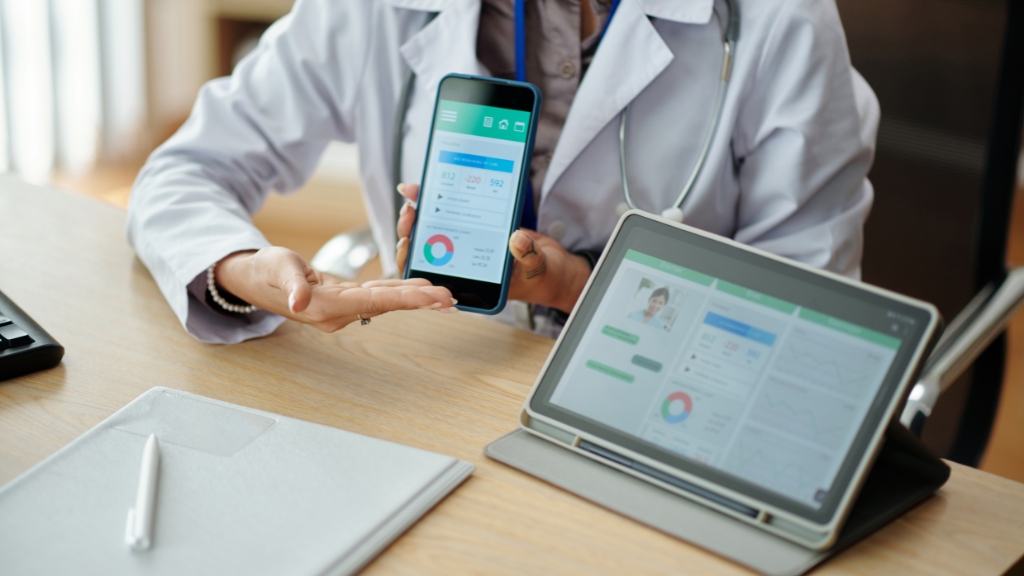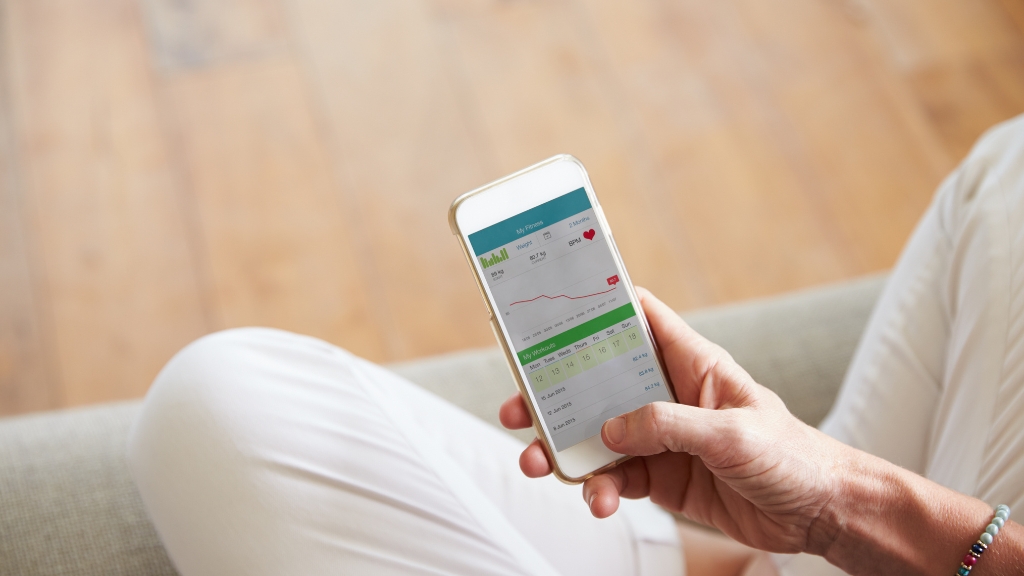In recent years, the healthcare industry has experienced a significant transformation, largely driven by advancements in technology. Among the many innovations reshaping the field, healthcare apps stand out for their ability to harness the power of data to improve health outcomes. These digital tools are not only making healthcare more accessible but also more personalised and effective. Here’s a closer look at how healthcare apps are revolutionising patient care.
Personalise Health Management
One of the most significant benefits of healthcare apps is their ability to provide personalise health management. By collecting and analysing data on an individual’s health, these apps can offer tailored recommendations and insights. For example, apps that track physical activity, diet, and sleep patterns can help users make informed decisions about their lifestyle choices. This personalise approach helps users stay on top of their health and make adjustments that can lead to better health outcomes.
Enhanced Patient Engagement
Healthcare apps are also playing a crucial role in enhancing patient engagement. Traditionally, patient engagement has been a challenge in healthcare, with many patients struggling to keep up with their treatment plans or follow-up appointments. Apps address this issue by providing reminders, educational resources, and easy access to medical records. By keeping patients more engaged in their own care, these apps contribute to improved adherence to treatment plans and better overall health.
Data-Driven Insights for Healthcare Providers
For healthcare providers, apps offer valuable data-driven insights that can improve decision-making and patient care. Through data analytics, providers can gain a deeper understanding of patient trends and outcomes. This information can be used to refine treatment plans, identify potential health risks, and implement preventive measures. Additionally, apps can facilitate remote monitoring, allowing providers to track patient progress without the need for frequent office visits.
Streamlining Administrative Processes
Healthcare apps are also streamlining administrative processes within healthcare systems. By automating tasks such as appointment scheduling, billing, and patient communications, these apps reduce the administrative burden on healthcare staff. This not only improves the efficiency of healthcare operations but also enhances the overall patient experience. Patients benefit from smoother interactions with the healthcare system and reduced wait times for appointments and services.
Improving Accessibility to Care
Accessibility is a major concern in healthcare, especially in underserved or remote areas. Healthcare apps help bridge this gap by providing access to medical information and services that might otherwise be out of reach. Telemedicine apps, for example, enable patients to consult with healthcare professionals from the comfort of their homes. This convenience can be particularly beneficial for those with mobility issues or limited access to healthcare facilities.
Conclusion
The power of data is transforming the healthcare landscape, and healthcare apps are at the forefront of this change. By leveraging data to offer personalized health management, enhance patient engagement, provide valuable insights to healthcare providers, streamline administrative processes, and improve accessibility, these apps are making a tangible difference in health outcomes. As technology continues to advance, we can expect healthcare apps to play an even more significant role in shaping the future of patient care.





